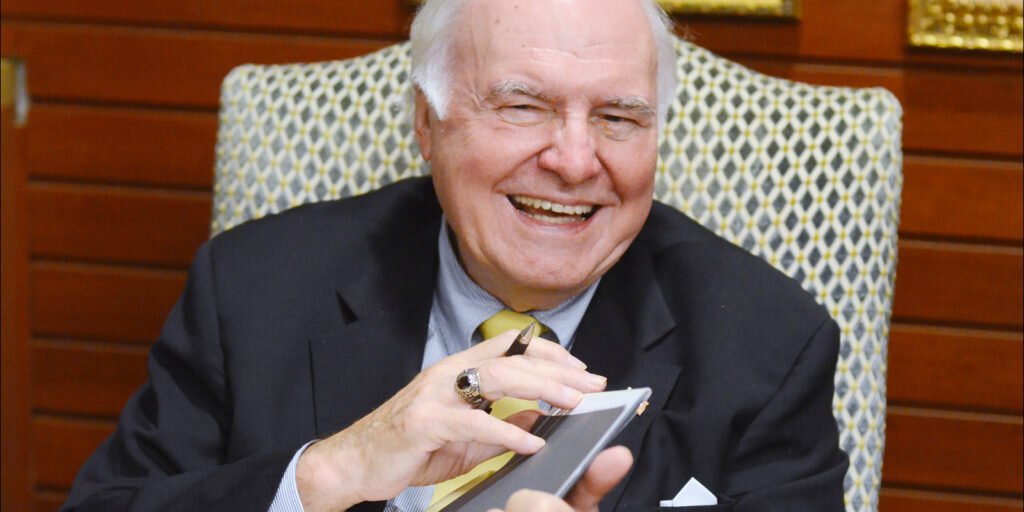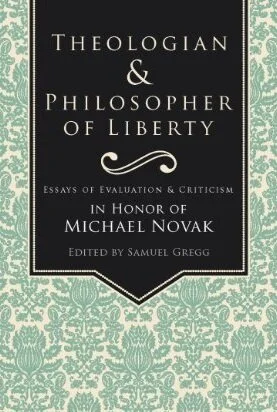Catholic Social Thought & Capitalism
Profits for All: Flexible Wages in a Free Economy
by Michael Szpindor Watson & Grattan Brown
Christian Social Thought Series, The Acton Institute, 2020
Creative destruction is a long-recognized and accepted feature of a dynamic market economy. But can this destruction go too far? Should there be no limit to the number of jobs, families, and even entire communities that are sacrificed for the sake of greater economic production and efficiency? Could it be, as some critics claim, that a drastic fettering of markets is the only solution?
Michael Watson and Grattan Brown acknowledge the collateral damage of markets and seek a solution that will temper negative effects without constricting the economic vitality needed for the continued amelioration of material deprivation in our world. Placing remunerative work at the center of their analysis, they identify a promising reform: flexible wage rates. They make the case that permitting compensation to mirror the market more closely will preserve employment, empower workers, and minimize the impact of economic volatility. Understanding that the common good is served by both economic dynamism and family and community stability founded on stable employment, Watson and Brown recommend flexible-wage policies as the best way forward.
Novak’s Restless Defense of the Good
This essay appeared in 2017 in Capitalism and the Common Good According Michael Novak: A Law and Liberty Symposium on First Things
Like R.R. Reno, Michael Novak’s passing earlier this year prompted me to reread some of his writings. I served as Michael’s research assistant at the American Enterprise Institute from 2001 to 2004, admired his work, enjoyed his friendship, and with many others, including Reno, remembered him fondly. Unlike Reno, I think, my rereading led me to a deeper appreciation of Novak’s arguments and to the conviction that they should be developed, not set aside. His sophisticated analysis of the political economies of our age probe human good and evil as they manifest themselves in the social systems we inhabit.
A Free Society of Self-Correction?
in Theologian and Philosopher of Liberty: Essays of Evaluation and Criticism in Honor of Michael Novak, Samuel Gregg (ed.), (Grand Rapids: Acton Institute, 2014).
Over five decades, Michael Novak has explained the moral foundations of democratic capitalism and, more importantly, how such a free society might be preserved. By necessity, if a society establishes a high standard of freedom, its members require equally high standards of self-correction. Those standards, if they are recognized, are expressed individually as moral virtues and socially within its moral, political, and economic system. Among the many virtues and ideals Novak offers, the regulative ideals of truth and caritas attract for their preservation of human dignity in the face of evils both tragic and ordinary. Yet they set an “impossible” standard made possible over time and with great personal effort and a system capable of directing human loves… . . . somewhat rightly. For what you have taught over these last decades and for your friendship, thank you Michael Novak!


